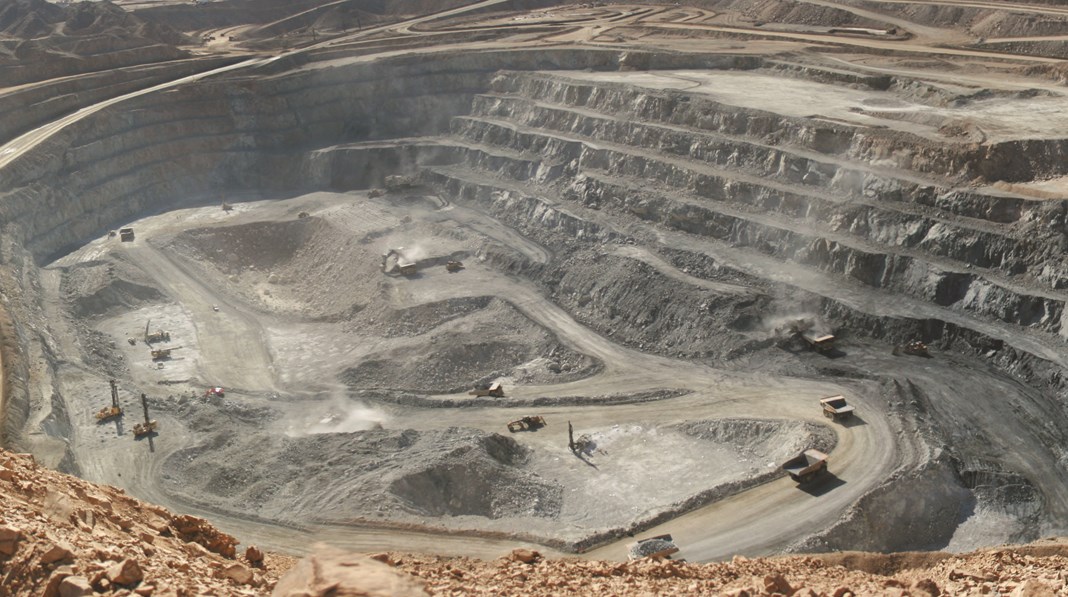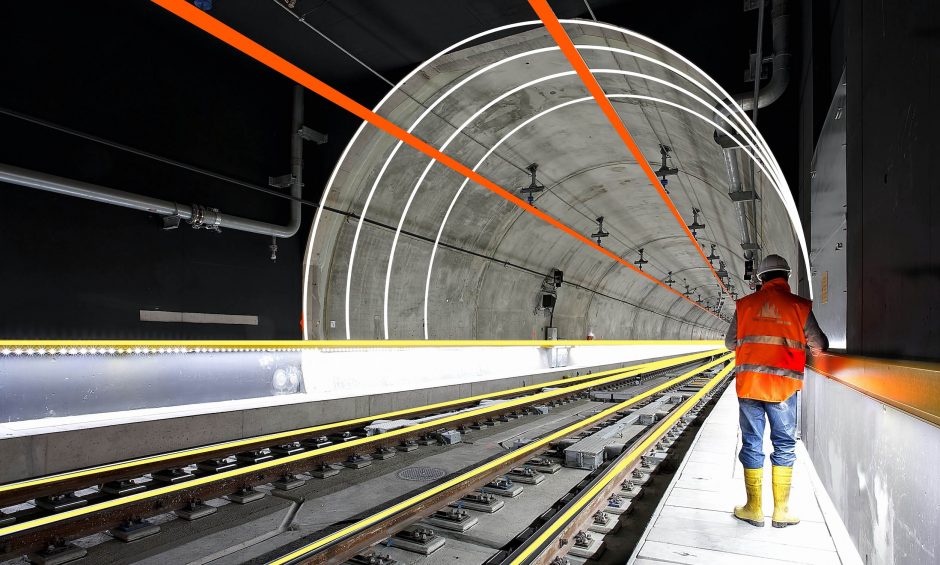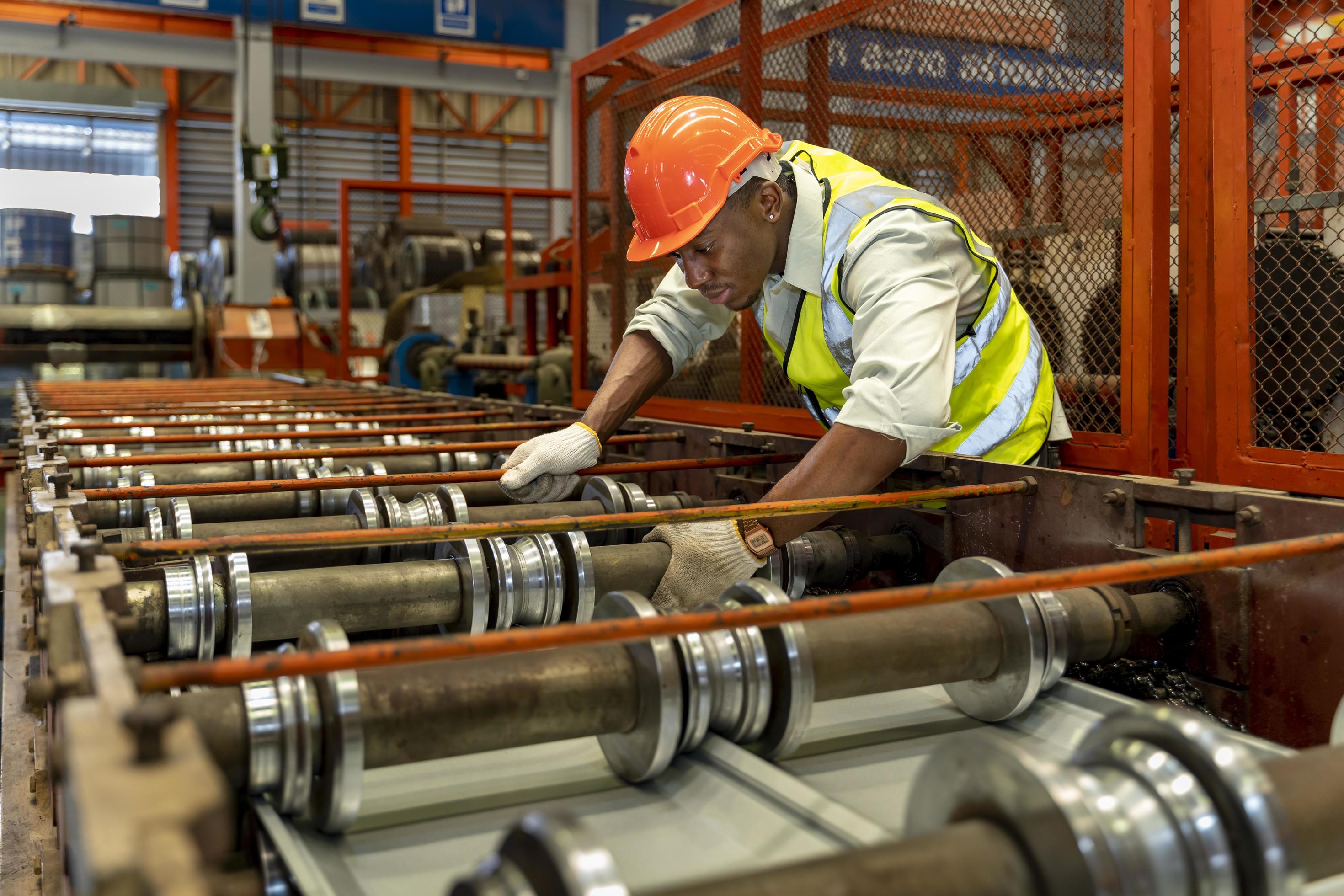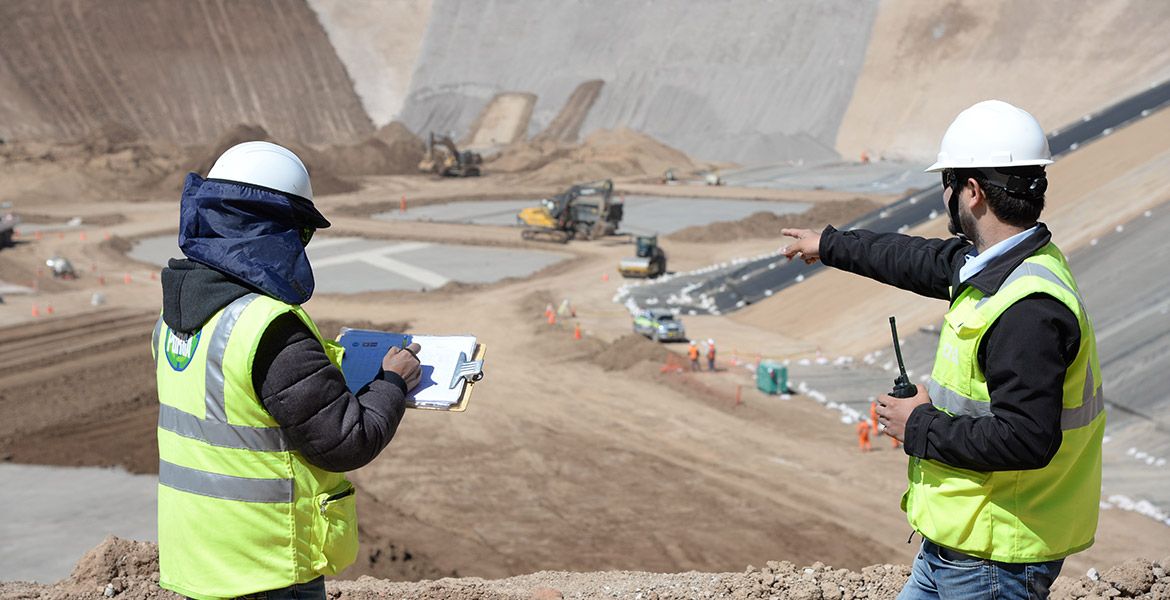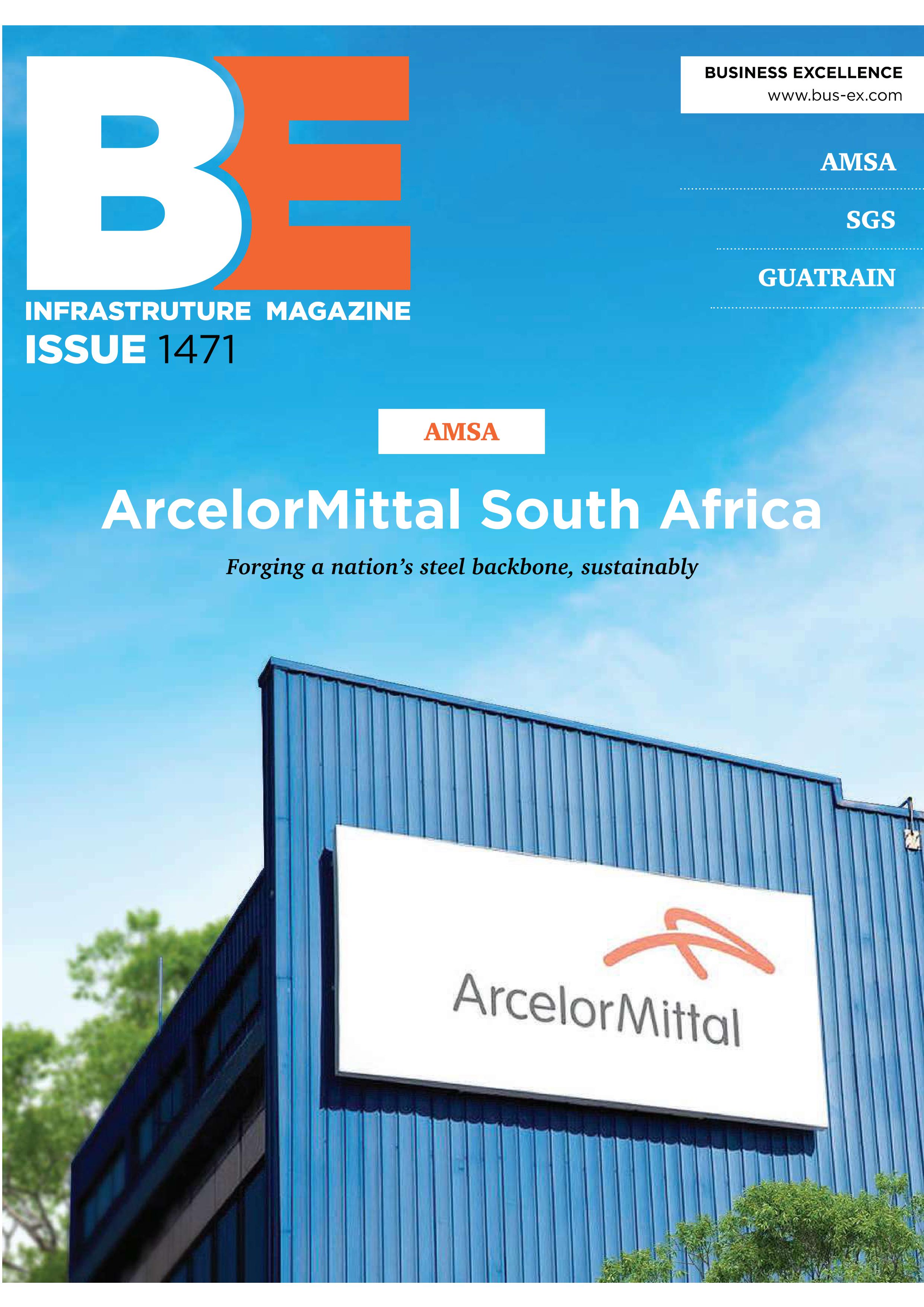The founder and chairman of the Hashoo Group Sadruddin Hashwani speaks to John O’Hanlon about the purchase of Shell’s LPG marketing assets in Pakistan and the continuing growth of Orient Petroleum International Inc (OPII).
In 2009, we reported that the focus of Orient Petroleum International Inc (OPII) had shifted from Pakistan, where resources were being developed satisfactorily, to the international arena. This is still very much the company’s long-term strategy, as founder and chairman of the Hashoo Group Sadruddin Hashwani affirms: “We are committed to international expansion wherever we see a good opportunity, but of course our attention is really back on Pakistan in the light of the terrible natural calamity that has hit us in the form of flooding that is affecting every part of the country, and the need to supplement the efforts to increase energy self efficiency.”
Clearly shaken by the loss of life and the destruction wrought on Pakistan’s infrastructure, and speaking as the disaster unfolds with relief agencies and the government struggling to cope and even worse flooding predicted daily, Hashwani retains his faith in Pakistan’s resilience. Nevertheless, he is dismayed by the confusion among the state agencies, reserving praise for the army as the only effective provider of relief in the initial stages.
Successive governments, he says, have failed to build dams that might have mitigated the disaster and avoided water shortages that have occurred over the last 10 years. Still, his faith is unshakeable: “Pakistan is too important a crossing point between east and west, north and south, to be ignored. We have natural resources, our people are hard working and level headed, and the country will recover and be prosperous again,” he believes.
However, despite a sharp decline in the stock market as a reaction toreports of damage to prominent oil refinery and power plants in southern Punjab, and worries that colossal losses to the country’s infrastructure and their impact on the economy could further intensify this bear run, OPII’s operations have so far been relatively unaffected. “We are continuing to drill and have in fact just completed one well work over and are moving the rig to the next location,” says Hashwani.
In February this year the Pakistani government granted OPII and Zaver Petroleum Corporation Limited (ZPCL), its sister company in Pakistan, an exploration block covering 2,451.47 square kilometres in Balochistan Province. The two companies will be investing $2.5 million over the next three years at this site alone. To date, OPII has drilled 42 wells in Pakistan with an investment of $537 million and produced 58 million barrels of oil and 302 billion cubic feet of gas from different fields in the country.
In June, through sister company OPI Gas, OPII increased its market share in the local LPG market, Hashwani says. “We bought a controlling interest in Shell Gas LPG for $8 million at a time when only a few companies are investing in the country. This shows the commitment of the shareholder to Pakistan.” Before the deal the two companies shared the local LPG market more or less equally; now, with a 68 per cent interest in its former competitor, OPI Gas is the clear market leader. “At present we are producing 7,000 BOE per day; hopefully, we will be producing double that amount by July 2012.”
And the Shell deal may be the precursor of other larger deals, he adds. The Malaysian oil giant Petronas Carigali has an important onshore stake in Pakistan that Hashwani thinks it is ready to divest. “We have worked with Petronas in joint ventures before, and would definitely be interested in buying their assets.”
Pakistan still has a net deficiency in energy resources, though a very small percentage of its mineral wealth has been exploited, or even discovered, he says. “There are two really outstanding issues in our country's natural resources sector: one of them is water, the other is oil and gas. Older assets such as the Sui gas field in Balochistan are fast depleting, and every day the gap between our production and consumer demand is getting wider. It is certainly going to be a challenge to meet the day-to-day requirements of the country.”
More particularly, Pakistan has a deficit in terms of oil. “We import over 80 per cent of our needs and are not increasing production fast enough to offset our consumption. We are doing our best at OPII to redress this imbalance. During 2002 to 2008, we drilled 30 new wells, something that nobody had ever done in Pakistan in such a short time span. We made seven discoveries and are in the process of bringing them into production.”
Internationally, Hashwani is excited about the potential offered by Kazakhstan and Azerbaijan; however, the greatest immediate potential would appear to be the group’s onshore operations in the US. “The calamity experienced by BP in the Gulf of Mexico has really put the brake on offshore development, but the onshore assets we have acquired in Texas won’t be affected by that. We only have a few at present but we will be looking to exploit more of these opportunities. These days you can get better deals through producing assets rather than exploring, particularly in Texas. We already have some producing fields in US and we will be looking to buy more.”
OPII is also buying the rights to the latest airborne geophysical exploration technology from the developers. “These days airborne geophysics is the most effective and widespread method of gathering geophysical data, and more importantly it leads to faster oilfield development. We want to use these techniques in Pakistan and central Asia too, to fast-track our projects there.”
At the end of 2009 Sadruddin Hashwani and his family moved to Dubai, where the headquarters of OPII is now located. Hashwani has denied that there is any political motivation for this move—after all, his oil and gas business is now global, with properties in Texas, central Asia and Africa, as well as in Pakistan where the Hashoo Group started.
The 70 year old entrepreneur is showing no signs of slowing down. Tourism may not be the hottest industry in Pakistan right now, but the confidence he has in the future of his newly built Pearl Continental hotel at Muzaffarabad in the depths of the country’s disputed territory reflects his belief that normality will soon return to Pakistan. www.opii.com



